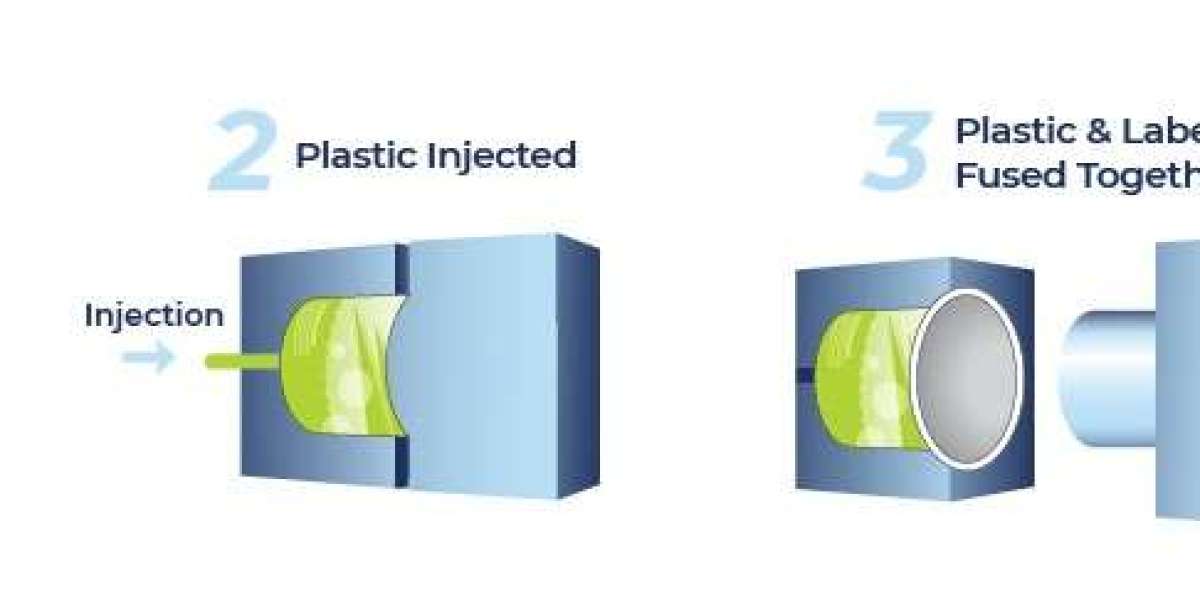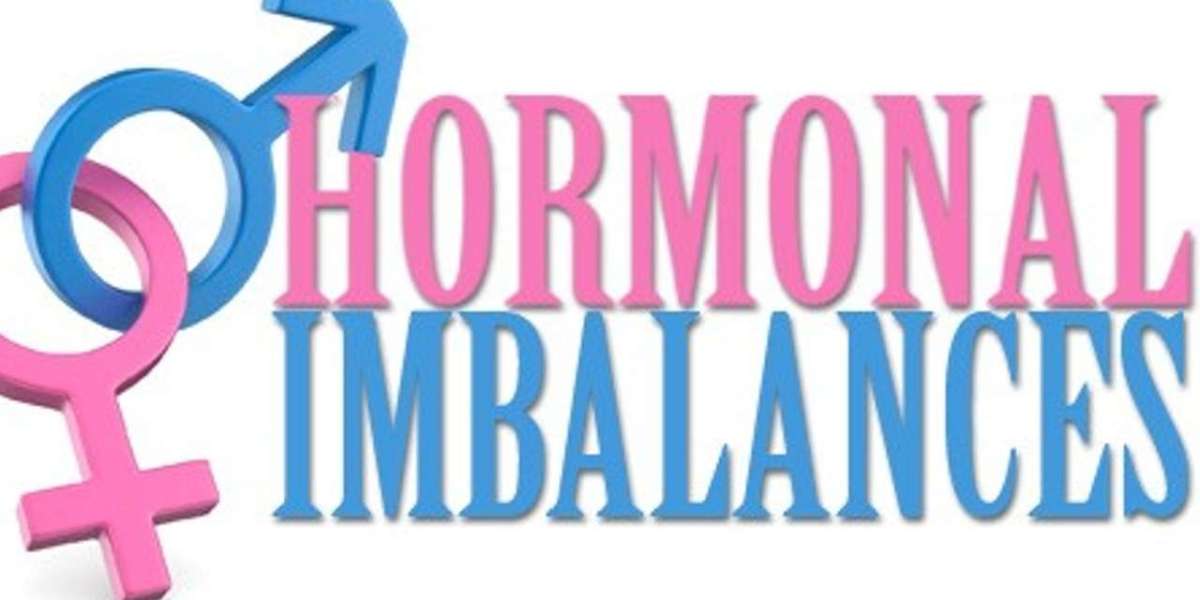Top Industries Benefiting from Injection Mold Labeling Technology
Highly competitive and fast-paced manufacturing environment, companies are constantly seeking ways to increase efficiency, reduce waste, and enhance the quality of their products. One innovation that has made a significant impact across multiple sectors is Injection Mold Label technology. This process, which involves placing labels directly into the mold during the injection molding process, provides seamless integration of branding, product information, and functionality directly onto the finished product.
Injection Mold Label (IML) technology is not only aesthetically appealing but also durable, cost-effective over time, and sustainable when properly applied. Various industries have adopted this technology to meet growing consumer demands and regulatory requirements, all while improving their production processes. Let’s explore the top industries benefiting from injection mold labeling and how they leverage this transformative solution.
1. Food and Beverage Industry
Perhaps one of the largest adopters of Injection Mold Label technology is the food and beverage industry. Packaging plays a critical role in food safety, branding, and consumer engagement, and IML offers a host of benefits in this regard.
Benefits:
Durable and Waterproof Labels: IML ensures the label is a part of the container, making it resistant to moisture, oils, and temperature variations—ideal for refrigeration and freezing.
Tamper-Resistant Packaging: Security features can be integrated into the design to ensure consumer safety.
Compliance with Food Regulations: IML can be designed with food-safe inks and materials to meet stringent safety standards.
Enhanced Shelf Appeal: High-resolution labels improve branding and product visibility on store shelves.
Use Cases: Yogurt cups, ice cream tubs, ready-to-eat meal trays, and beverage containers.
2. Automotive Industry
In the automotive sector, Injection Mold Label technology is revolutionizing how components are branded, tracked, and made more functional.
Benefits:
Integrated Branding and Instructions: Labels are used to provide operational instructions, safety warnings, and branding directly on components.
Durability: Labels resist oil, fuel, high temperatures, and wear — all common in automotive environments.
Weight Reduction: Eliminating the need for separate labels helps reduce overall component weight, aiding fuel efficiency.
Use Cases: Dashboard panels, interior trims, battery casings, and engine covers.
3. Consumer Electronics
As gadgets become sleeker and more integrated, manufacturers in the consumer electronics industry are turning to Injection Mold Labeling to achieve both form and function.
Benefits:
Sleek, High-End Appearance: Labels can be designed to match the modern aesthetic of electronics.
Functionality: Some labels incorporate capacitive touch functionality or RFID, enhancing interactivity.
Durability: Resistant to fingerprints, scratches, and fading, IML offers long-lasting performance.
Use Cases: Remote controls, smartphone cases, headphones, appliance panels.
4. Healthcare and Medical Devices
In a sector where hygiene, safety, and clarity are paramount, Injection Mold Label technology provides robust solutions.
Benefits:
Sterilization-Ready: IML products can withstand sterilization processes without degrading the label.
Clear Information Delivery: Dosage instructions, expiration dates, and safety info are permanently embedded.
Tamper-Proof Solutions: Enhances security and reduces the risk of counterfeiting.
Use Cases: Syringe bodies, pill containers, diagnostic devices, and medical trays.
5. Household and Personal Care Products
Packaging is a major player in the success of household and personal care products. Companies want eye-catching yet practical containers, and IML delivers on both fronts.
Benefits:
Vibrant Graphics: High-resolution images and finishes elevate product appeal.
Water and Chemical Resistance: Ideal for products exposed to water and cleaning agents.
Sustainability: Monomaterial packaging supports recycling initiatives.
Use Cases: Detergent bottles, cosmetic jars, shampoo containers, and cleaning wipes canisters.
6. Toys and Educational Products
Children’s toys must be safe, durable, and engaging. Injection Mold Label technology helps toy manufacturers achieve all three goals simultaneously.
Benefits:
Non-Toxic and Safe: Labels are embedded, so there are no choking hazards or peeling issues.
Colorful and Educational: Graphics can be highly detailed and visually stimulating.
Long-Lasting: Labels don’t fade, even with heavy use.
Use Cases: Puzzle pieces, interactive learning tools, building blocks, and plastic books.
7. Paint and Chemical Containers
These products require tough, durable labeling that won’t fade or deteriorate under chemical exposure or extreme conditions.
Benefits:
Chemical Resistance: Labels remain intact despite exposure to solvents, acids, or other chemicals.
Regulatory Compliance: Hazard symbols and handling instructions are permanently displayed.
Durability: IML prevents peeling, which is critical for long-term storage.
Use Cases: Paint buckets, industrial chemical containers, cleaning agents.
8. Logistics and Storage Solutions
Bins, crates, and storage containers used in logistics and warehousing benefit significantly from injection mold labeling.
Benefits:
Permanent Identification: Barcodes, logos, and instructions are embedded, eliminating the need for adhesive labels.
RFID Integration: Enables automated tracking and inventory control.
Tough and Long-Lasting: Resistant to rough handling and environmental conditions.
Use Cases: Reusable transport crates, storage bins, and warehouse containers.
9. Agriculture and Horticulture
In agriculture, where exposure to sunlight, moisture, and dirt is constant, IML provides a labeling solution that stands the test of time.
Benefits:
UV Resistance: Labels retain their color and readability even under prolonged sun exposure.
Weatherproof: No peeling or degradation from rain, mud, or irrigation.
Eco-Friendly Options: Compostable or recyclable materials are available for sustainable farming.
Use Cases: Fertilizer buckets, seed containers, gardening tools, and planters.
10. Sports and Outdoor Equipment
For products used in rugged outdoor conditions, durability is key. Injection Mold Labeling offers long-term branding and information delivery that doesn’t wear out.
Benefits:
Extreme Weather Resistance: Performs in snow, rain, sun, and heat.
High Visual Appeal: Maintains product branding even in tough conditions.
Custom Functionality: Labels can include QR codes for user manuals or safety videos.
Use Cases: Helmets, plastic gear cases, water bottles, and camping gear.
Why More Industries Are Embracing Injection Mold Label
Across all these industries, the move toward Injection Mold Label technology is driven by several universal advantages:
Cost Efficiency in the Long Term: Although initial tooling costs may be higher, the elimination of secondary labeling processes saves time and money.
Reduced Waste: No adhesive labels means fewer production leftovers, contributing to lean manufacturing goals.
Recyclability: When using the same material for the container and label, the entire product can be more easily recycled.
Enhanced Product Appeal: Bold, permanent labels attract consumer attention and stand up to environmental exposure.
The Future of Injection Mold Labeling
As consumer preferences evolve and environmental regulations tighten, injection mold labeling is likely to become even more mainstream. Innovations like smart labels, embedded sensors, and biodegradable materials are opening new possibilities.
Industries that have not yet adopted IML are now exploring it not only for functional labeling but also as a strategic branding tool that aligns with their sustainability and innovation goals.
Final Thoughts
The versatility, efficiency, and aesthetic advantages of Injection Mold Label technology have positioned it as a go-to solution across numerous sectors. From food packaging to automotive parts and from toys to medical devices, industries are capitalizing on the numerous benefits this technology provides.
As manufacturing continues to prioritize speed, sustainability, and smart design, we can expect the use of Injection Mold Labeling to expand further — transforming not only how products look but how they are made, used, and recycled.













